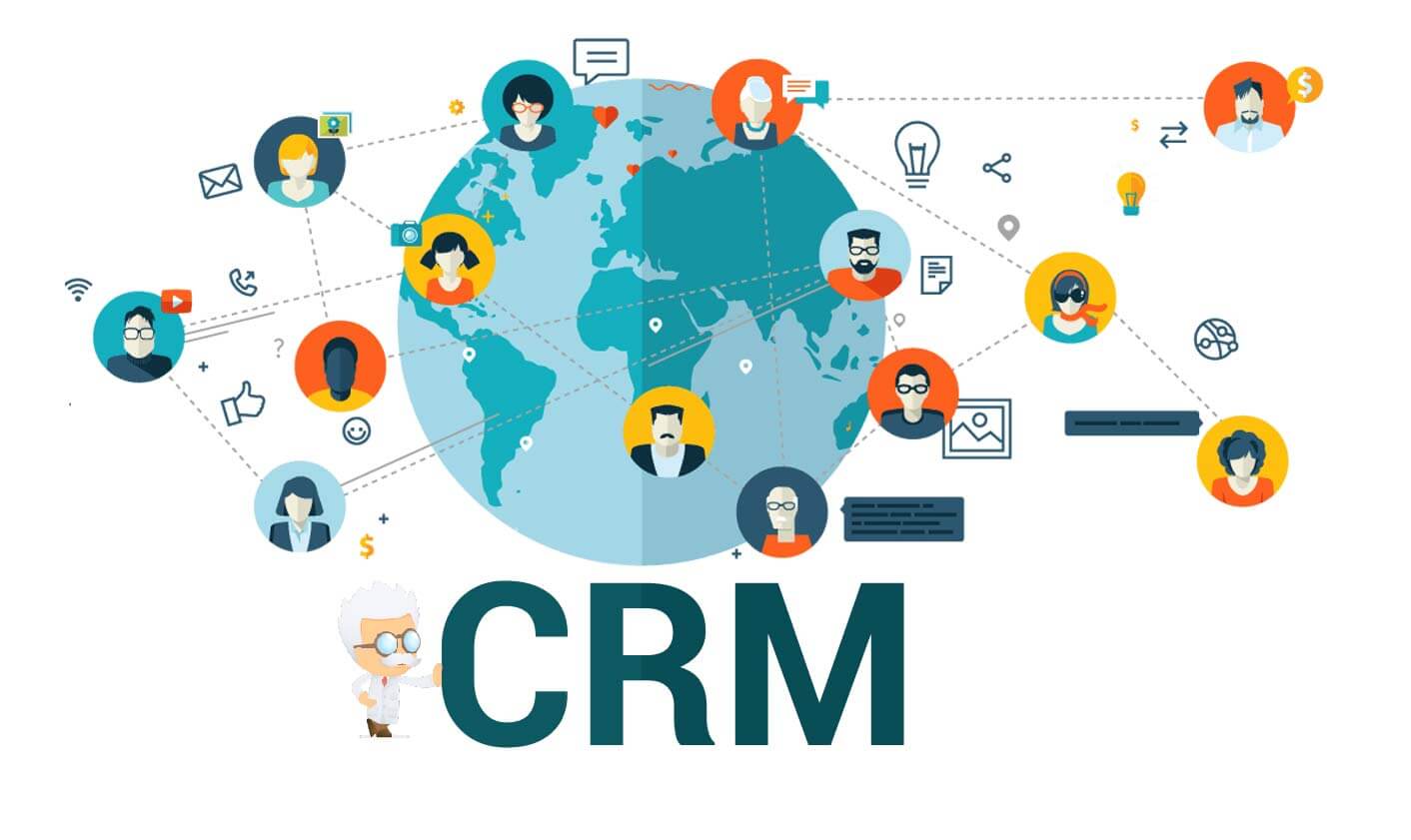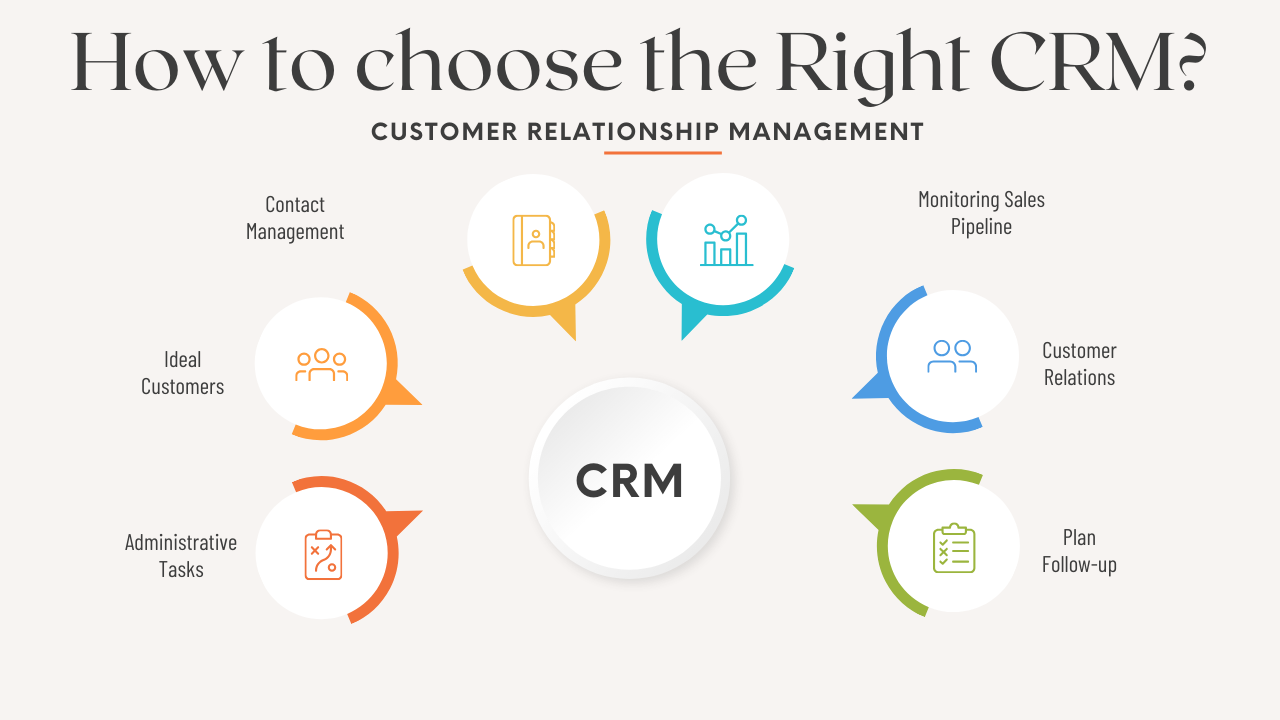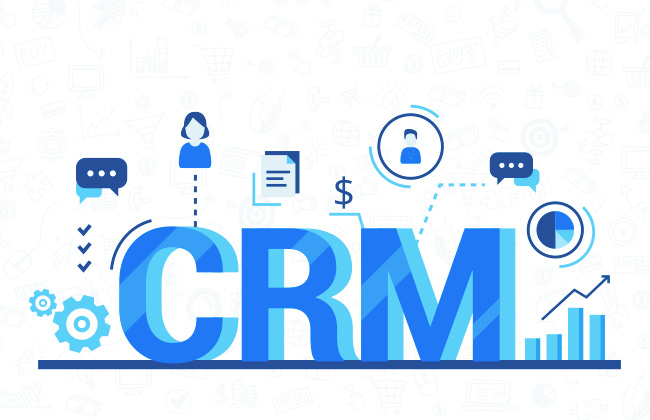In today’s fast-paced business environment, staying ahead in recruitment can be challenging. However, with the right tools and strategies, you can streamline your recruitment process and find the best talent efficiently. In this blog post, we’ll delve into the concept of Customer Relationship Management (CRM) and explore how our innovative tool, Hireva, can transform your recruitment efforts.

Understanding CRM
CRM, or Customer Relationship Management, is like a personal assistant for businesses to handle their relationships with customers. It helps keep track of who the customers are, what they like, and how they’ve interacted with the company. With CRM, businesses can stay organized, provide better service, and build stronger connections with customers.
Meaning Of CRM
A CRM professional is someone who specializes in managing customer relationships using CRM (Customer Relationship Management) software and strategies. They’re experts in understanding how to effectively use CRM tools to organize customer data, track interactions, and improve customer satisfaction. CRM professionals often work in roles such as CRM administrators, consultants, or analysts, where they help businesses implement and optimize CRM systems to achieve their customer-related goals.

Why Choose CRM
Choosing CRM offers several benefits for businesses:
- Improved Customer Relationships: CRM helps businesses understand their customers better by organizing and tracking interactions. This enables personalized communication and services, leading to stronger relationships and increased customer loyalty.
- Increased Efficiency: CRM streamlines processes by centralizing customer data, automating tasks, and providing insights. This saves time and resources, allowing employees to focus on value-added activities and improving overall productivity.
- Better Decision-Making: With access to comprehensive customer data and analytics, CRM empowers businesses to make informed decisions. Insights gained from CRM help in identifying trends, forecasting sales, and developing targeted marketing strategies.
- Enhanced Collaboration: CRM fosters collaboration across departments by providing a centralized platform for sharing customer information. This promotes teamwork, reduces duplication of efforts, and ensures consistent communication with customers.
- Scalability and Adaptability: CRM systems are scalable and adaptable to businesses of all sizes and industries. Whether a startup or an enterprise, CRM can be customized to meet specific needs and grow alongside the business.
- most keywords use crm : what is crm, understanding of crm, hire crm, Recruitment Partner,sam new hire orientation schedule tool,crm meaning, hire tool,fs22 hired helper tool,What Does CRM Mean and Stand for? • 7ESL,Understanding CRM Meaning: The Basics of Customer,what is meaning crm,what is meaning crm, hire a va, va hire.
Introducing Hireva: Your Recruitment Partner
Our cutting-edge tool, Hireva, is designed to simplify and optimize your recruitment journey. Here’s how Hireva can revolutionize your hiring process:
- Streamlined Candidate Management: With Hireva’s intuitive interface, you can effortlessly manage candidate profiles, applications, and communications in one centralized platform.
- Automated Workflows: Say goodbye to repetitive tasks. Hireva automates routine recruitment workflows, such as candidate follow-ups and interview scheduling, freeing up valuable time for strategic decision-making.
- Data-Driven Insights: Leverage Hireva’s analytics to gain valuable insights into your recruitment performance. Identify bottlenecks, track candidate engagement metrics, and refine your recruitment strategies for maximum efficiency.
- Enhanced Collaboration: Foster collaboration among your recruitment team with Hireva’s collaborative features. Share candidate feedback, collaborate on hiring decisions, and ensure
- alignment across all stakeholders.

Realizing the Benefits: A Case Study
To illustrate the impact of Hireva, let’s consider a hypothetical scenario:
Company X, a growing tech firm, was struggling to keep up with the influx of job applications and coordinate interviews effectively. Implementing Hireva transformed their recruitment process:
- Efficiency Boost: By automating mundane tasks and centralizing candidate data, Company X reduced their time-to-hire by 30%.
- Improved Candidate Experience: Personalized communication and streamlined workflows enhanced the candidate experience, leading to higher satisfaction rates and improved employer branding.
- Informed Decision-Making: With access to actionable insights, Company X’s recruitment team made data-driven decisions, optimizing their recruitment strategies and improving overall hiring quality.
Conclusion: Elevate Your Recruitment with Hireva
In conclusion, effective recruitment goes beyond posting job ads and conducting interviews—it’s about building meaningful relationships with candidates and leveraging technology to drive efficiency. By embracing CRM principles and adopting innovative tools like Hireva, you can transform your recruitment process, attract top talent, and propel your organization towards success https://www.hireva.co/.
Frequently Asked Questions (FAQs) about CRM in Recruitment:
CRM stands for Customer Relationship Management. In the context of recruitment, it refers to the strategic approach of managing candidate relationships throughout the hiring process.
CRM streamlines recruitment processes by centralizing candidate data, automating workflows, and enabling personalized interactions. It enhances the candidate experience, reduces time-to-hire, and facilitates better talent pool management.
The key principles include centralizing candidate data, personalizing interactions, streamlining processes through automation, and fostering continuous engagement with candidates.
CRM improves the candidate experience by providing personalized communication, timely follow-ups, and transparent interactions. It ensures candidates feel valued throughout the recruitment journey, regardless of the outcome.
Yes, many CRM systems offer integration capabilities with existing recruitment software, applicant tracking systems (ATS), and HR management platforms. This allows for seamless data exchange and enhanced functionality.
No, CRM principles can benefit organizations of all sizes. Whether you’re a small startup or a large enterprise, effectively managing candidate relationships can significantly improve your recruitment outcomes and employer branding.
To get started, identify your recruitment pain points, research CRM solutions tailored for recruitment purposes, consider your budget and scalability needs, and involve key stakeholders in the decision-making process. Training and onboarding are also crucial for successful implementation.






Hireva 2025: Enhancing Customer Management with GHL and CRM Analytics - Hire VA
[…] CRM stands for Customer Relationship Management. It refers to a strategy, process, or technology used by businesses to manage and analyze interactions with their customers and potential customers. The goal of CRM is to improve customer relationships, enhance customer retention, and drive sales growth. CRM systems typically include tools for managing customer contact information, tracking interactions across various channels (such as email, phone calls, social media, and in-person meetings), and analyzing customer data to gain insights into behavior and preferences. By centralizing customer information and facilitating communication and collaboration within the organization, CRM helps businesses provide better customer service,ghl bd calculator, personalize marketing efforts, and ultimately increase profitability. […]
binance anm"alan
Your article helped me a lot, is there any more related content? Thanks!
Binance开户
Your point of view caught my eye and was very interesting. Thanks. I have a question for you.
GoHighLevel CRM: Expert Tips for Efficiency and Growth - Hire VA
[…] with Other Tools: GoHighLevel CRM integrates seamlessly with various third-party tools like email marketing platforms, payment processors, and […]